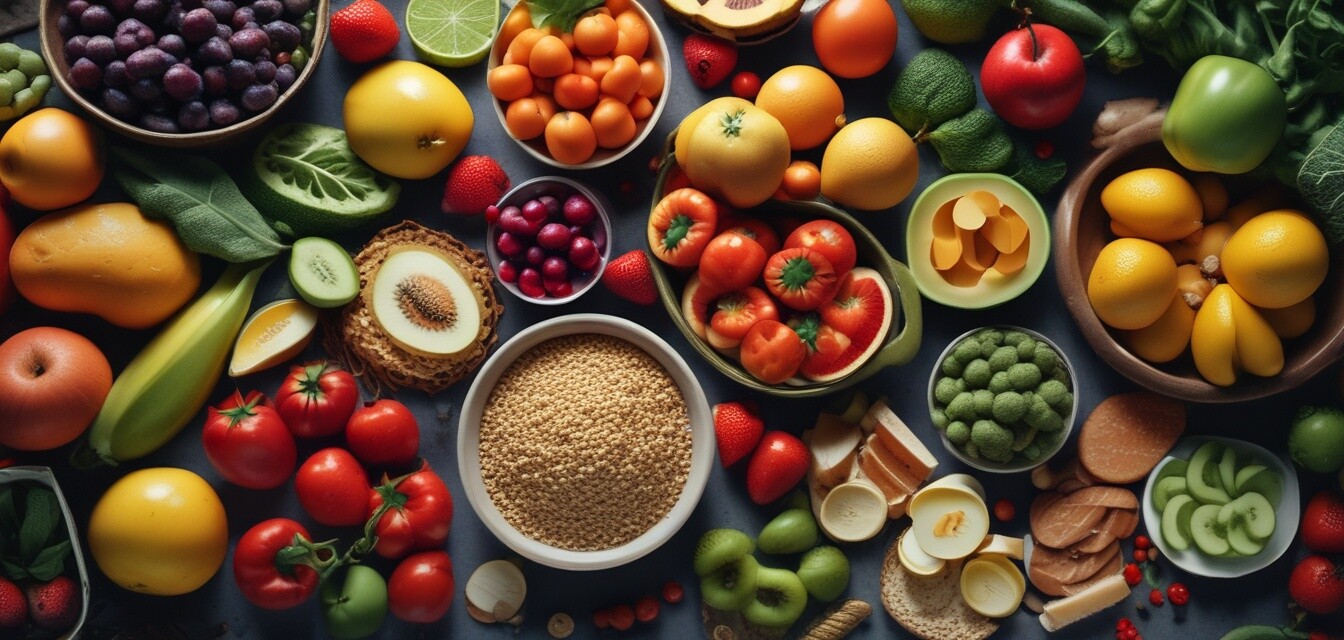
Secrets to a Healthy Pregnancy: Eating Well with Prenatal Vitamins
- Prenatal vitamins are essential to fill nutritional gaps during pregnancy.
- A well-balanced diet complements the benefits of prenatal vitamins.
- Consulting healthcare professionals can help tailor dietary needs.
- Incorporating a variety of foods ensures comprehensive nutrient intake.
- Stay hydrated and mindful of portion sizes for optimal health.
Pregnancy is an exciting journey filled with changes and anticipation. As an expecting mother, ensuring you and your baby get the right nutrients is crucial for a healthy pregnancy. While prenatal vitamins play a significant role in supplying essential nutrients, pairing them with a healthy diet can maximize health benefits. Let’s explore practical tips on how to effectively use prenatal vitamins alongside nutritious food for a thriving pregnancy.
The role of prenatal vitamins in a healthy pregnancy
Prenatal vitamins are specially formulated supplements designed to support the health of both mothers and their developing babies. These vitamins typically contain higher levels of essential nutrients, including folic acid, iron, calcium, and DHA, compared to regular multivitamins. However, they should not be viewed as a replacement for a balanced diet.
Key nutrients in prenatal vitamins
| Nutrient | Role |
|---|---|
| Folic Acid | Supports fetal development; helps reduce the risk of neural tube defects. |
| Iron | Helps in the production of hemoglobin and prevents anemia. |
| Calcium | Supports the baby's bone development; maintains the mother’s bone health. |
| DHA | Essential for brain and eye development in the fetus. |
Building a nutritious diet alongside prenatal vitamins
To make the most out of your prenatal vitamins, it’s important to complement them with a balanced diet. This involves eating a variety of food groups, ensuring you’re meeting your nutritional needs.
Food groups to include
- Fruits and vegetables: Rich in vitamins, minerals, and fiber.
- Whole grains: Provide essential carbs and energy.
- Lean proteins: Necessary for fetal growth and development.
- Dairy: Source of calcium and vitamin D.
- Healthy fats: Important for overall health and fetal brain development.
Sample meal ideas
| Meal | Components |
|---|---|
| Breakfast | Oatmeal topped with berries and a side of Greek yogurt. |
| Lunch | Quinoa salad with mixed greens, cherry tomatoes, chickpeas, and avocado. |
| Dinner | Grilled salmon, steamed broccoli, and sweet potatoes. |
| Snacks | Carrot sticks with hummus, or a handful of nuts and dried fruit. |
Tips for maximizing nutrition
Beginner’s tips for a healthy pregnancy diet
- Plan meals ahead to ensure a balanced intake.
- Include nutrient-dense snacks to avoid empty calories.
- Stay hydrated by drinking plenty of water throughout the day.
- Read nutritional labels to choose healthier options.
- Consult with your healthcare provider for personalized dietary recommendations.
Hydration and its importance
Staying hydrated is crucial during pregnancy. Water helps transport nutrients to your baby, supports the formation of amniotic fluid, and helps prevent dehydration. Aim for at least eight glasses of water a day, adjusting according to your activity levels and healthcare advice.
Consulting healthcare professionals
Before starting any prenatal vitamin, it’s wise to talk to your healthcare provider. They can help determine the best options based on your individual health needs, dietary preferences, and potential deficiencies.
Conclusion
A healthy pregnancy thrives on a foundation of balanced nutrition and the benefits of prenatal vitamins. By using these tips, you can ensure that both you and your baby are getting the necessary nutrients for a successful pregnancy journey. For more insights on maintaining health during pregnancy, check out our Healthy Pregnancy Tips series, packed with valuable information to guide you every step of the way.
Pros
- Supports overall health for both mother and baby.
- Provides essential nutrients that may be lacking in the diet.
- Promotes fetal development and well-being.
Cons
- May not replace the need for a balanced diet.
- Some individuals may experience side effects.
- Overconsumption can lead to excess nutrient intake.
